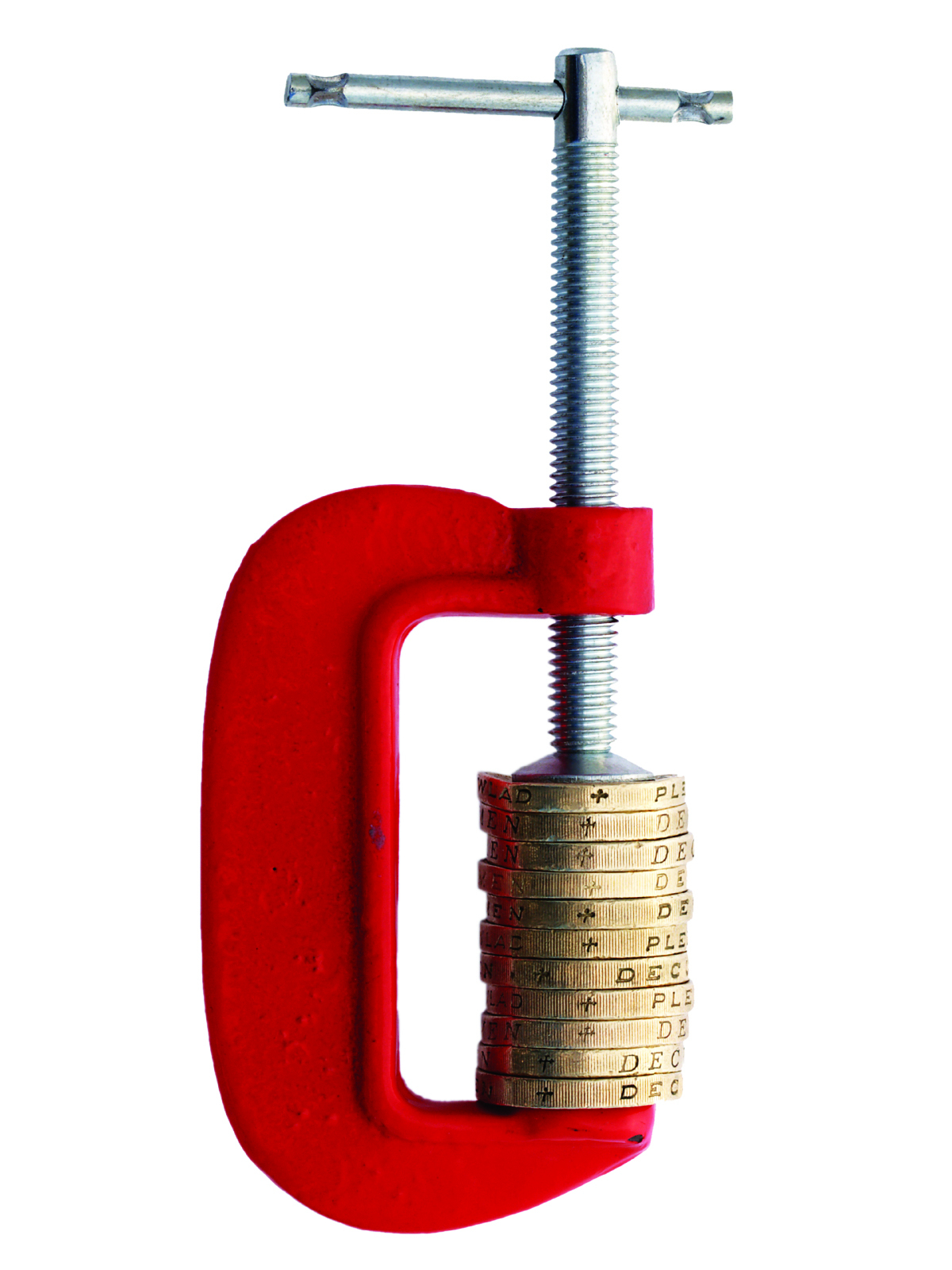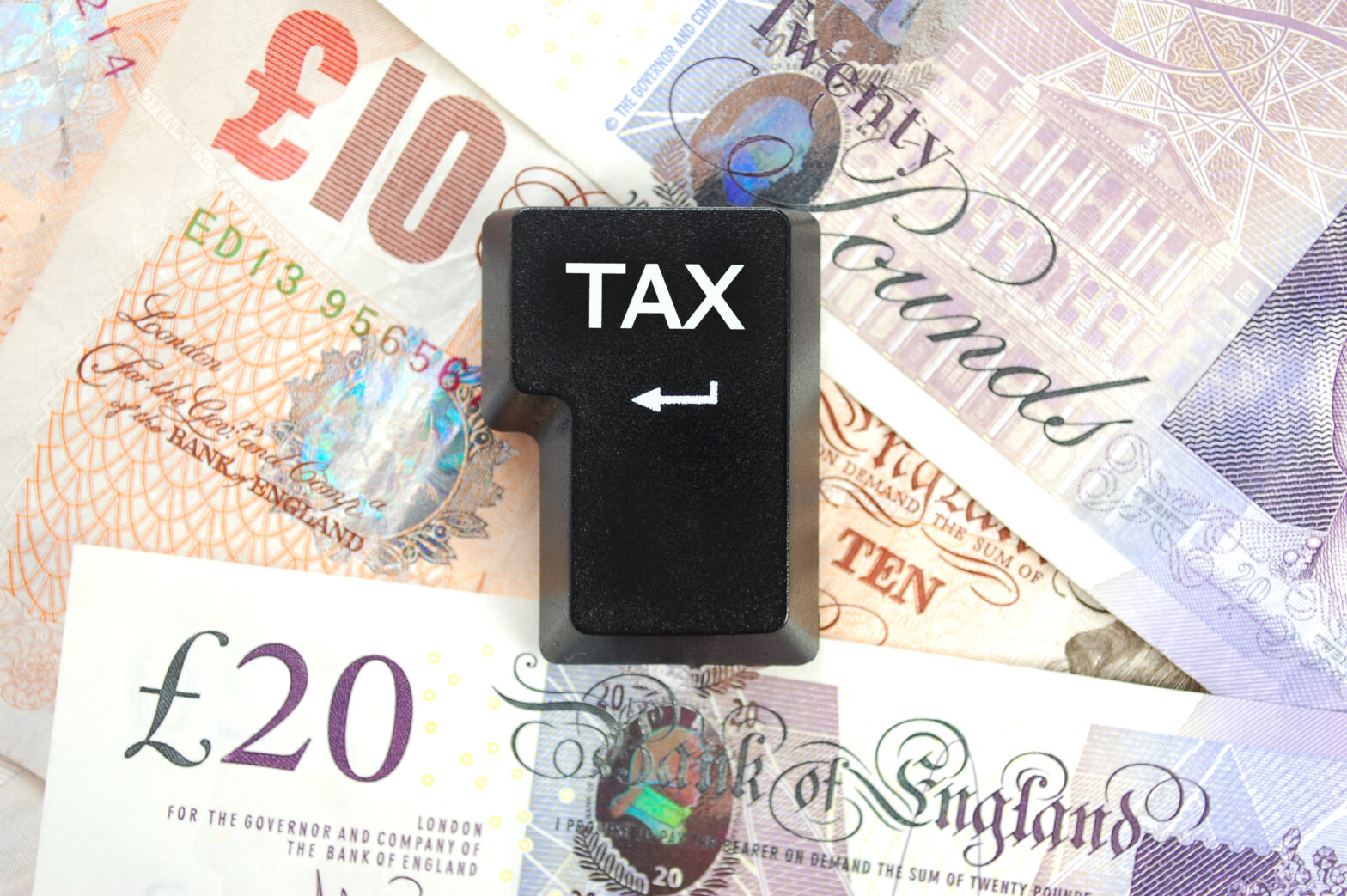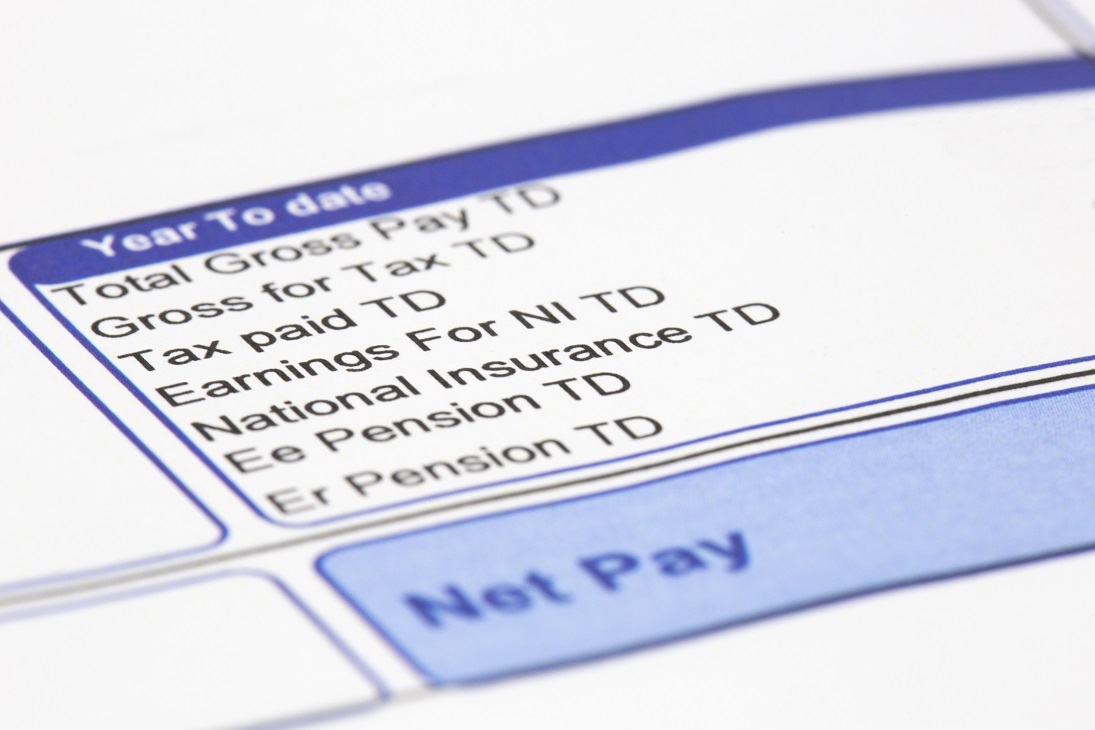It really is an age of austerity. Government debt hit £950 billion at the end of last year – a whopping 68 per cent of GDP. It’s a breathtaking figure and entrepreneurs across the UK are fully aware that, for the next five years at least, the response will be that taxes are going to keep climbing.
With VAT rises scheduled as well as further assaults on reliefs and allowances, every self-respecting business owner should be reassessing their options to make sure their business is as tax efficient as possible.
1) Corporation tax
‘The real driver behind the cuts in corporation tax is to show that the UK is open for business. Twenty-eight per cent used to be quite competitive but now the average internationally is 25 per cent,’ says Patrick King, a tax specialist at accountancy firm MacIntyre Hudson.
At present, there are three bands which companies fall into. For smaller firms (with profits up to £300,000), there’s a 1 per cent cut to 20 per cent, whereas for those in the top band (more than £1.5 million profits) corporation tax will be reduced by 1 per cent each year until it reaches 24 per cent. For those in between, which pay somewhere between the two rates, there’s a complex ‘plate-spinning game’ to be played, says King. They can try and force down their profits into the lower band by boosting directors’ pay, but the extra income tax and national insurance to be paid on that may outweigh the corporation tax saving.
2) VAT
Arguably, the biggest tax change next year will be the rise in VAT to 20 per cent on 4 January. For small, non-VAT registered companies, making purchases before the change will be a sensible move. However, don’t be tempted to try to squeeze invoices back into 2010 when they are really for 2011. HMRC will charge you 30 per cent of the invoice for ‘accidental mistakes’, and can impose greater fines up to 100 per cent, depending on the scale of the infraction.
3) Annual Investment Allowance
The investment allowance is to be reduced to £25,000 in April 2012. Until then companies, regardless of their size, can get tax relief for plant and machinery of up to £100,000 per year. So even for office-based businesses, the new all-singing and dancing IT refit is worth considering in this light.
4) National Insurance
The government has declared a three-year National Insurance (NI) holiday for new businesses outside the South East and Eastern regions. Firms will be able to avoid £5,000 of NI for their first ten employees, effectively £50,000 per business. The geographic boundaries, which are currently being finalised, are due to be confirmed this autumn.
5) Cut bad debts
With so many companies going to the wall, bad debts have become the norm for businesses. For tax purposes these can be written off, although you must stipulate who has failed to pay and by how much. ‘General provisions will not reduce your tax bill, but in cases where you name a bad debtor and say “there’s no chance of getting this money”, you can make a saving,’ says Chas Roy-Chowdhury, head of tax at the Association of Chartered Certified Accountants.





